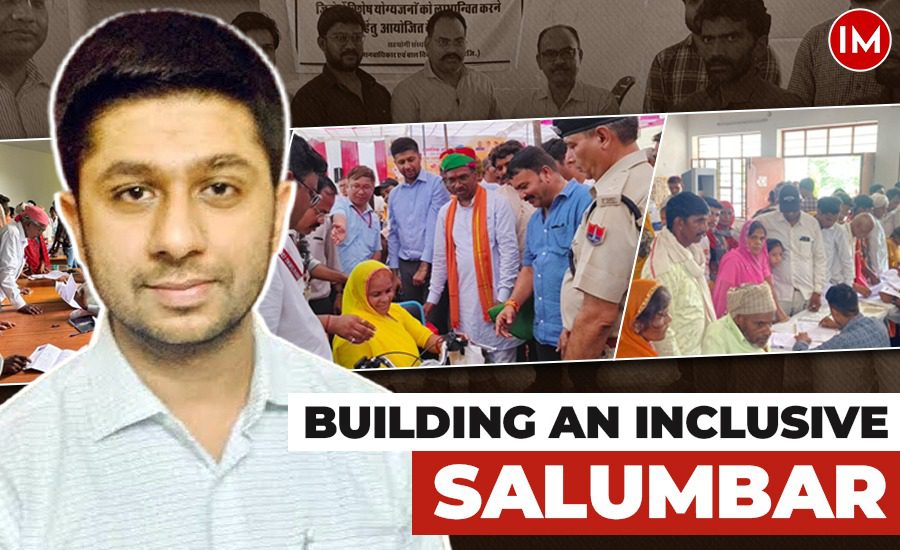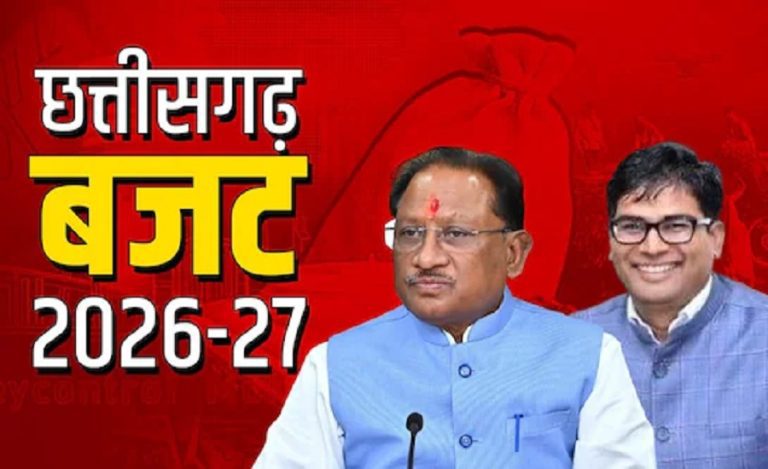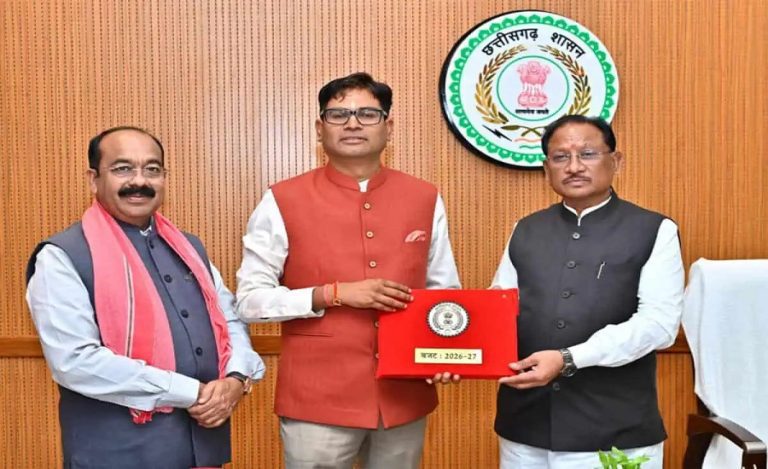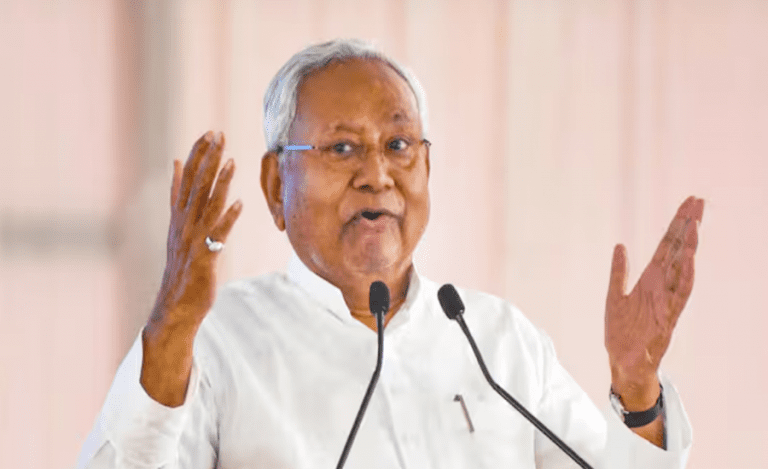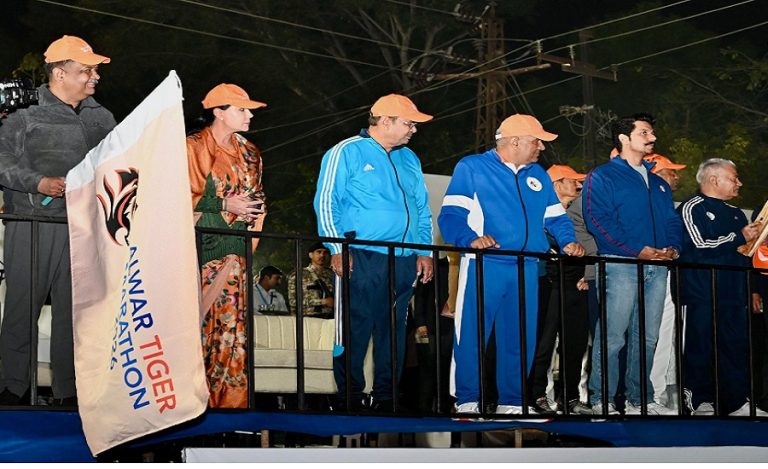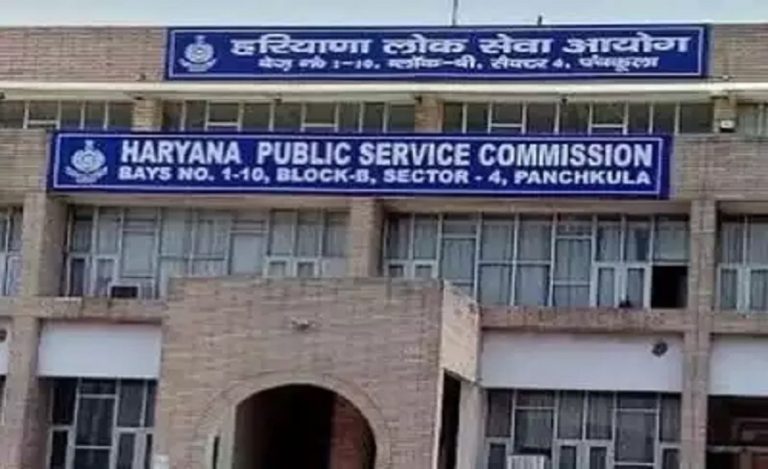In the heart of Salumbar district, a silent revolution is underway. Spearheaded by the district administration, Sambal Abhiyan is changing lives, one step at a time. 2016 batch IAS officer and DC of Salumbar Mr. Jasmeet Singh Sandhu is leading this initiative and has made it his mission to empower the specially abled by bridging gaps in access and entitlements.
“Empowerment begins when society comes together to lift its most vulnerable,” said Mr. Sandhu to Indian Masterminds. With this belief, the campaign has ensured that thousands of specially abled individuals receive the support they rightfully deserve. But what makes Sambal Abhiyan truly remarkable is its approach—the convergence of efforts from multiple departments, ensuring no one is left behind.
UNITING EFFORTS
Despite several government schemes in place, many specially abled individuals were struggling to access their entitlements. Realizing this, Mr. Sandhu and his team decided to streamline the process by bringing various departments together under one umbrella.
The first challenge was ensuring that all eligible individuals had their disability certificates. Without this crucial document, they could not apply for benefits. “We needed to act fast. That’s why we conducted special medical camps with experts from ophthalmology, psychiatry, orthopedics, and ENT,” Mr. Sandhu explains.
These camps turned out to be a game-changer. On-the-spot issuance of disability certificates meant that over 5,900 individuals could now access government benefits. The administration also ensured that 4,400 specially abled individuals received their unique UDID cards, a vital identification for availing multiple services.
BRIDGING EDUCATION AND CARE
Ensuring educational inclusion was another key goal. The education department, in collaboration with the Integrated Child Development Services (ICDS), conducted a thorough survey to identify specially abled children. “Every child deserves a chance at education. We made sure no one was left out,” says Mr. Sandhu.

Thanks to these efforts, children enrolled in anganwadis are now receiving nutritious meals, dry rations, and take-home rations. Those admitted to schools are benefiting from scholarships, transport vouchers, and stipends. Over 250 students now receive transport vouchers, while 125 are getting stipends to support their education.
Additionally, children requiring medical attention were treated under the Rashtriya Bal Swasthya Karyakram (RBSK), ensuring their health needs were met.
INFRASTRUCTURE THAT CARES
Empowerment goes beyond entitlements—it requires an accessible environment. Mr. Sandhu directed departments such as Rural Development, Urban Development, and Public Works to make buildings and public spaces disability-friendly by adding ramps and other necessary modifications.

“Accessibility is a fundamental right. We want our specially abled citizens to feel welcomed everywhere,” Mr. Sandhu asserts. The administration also collaborated with ALIMCO, a Government of India enterprise, to distribute assistive devices like hearing aids and calipers to those in need. So far, 788 individuals have received 110 pieces of special equipment.
A COMMUNITY EFFORT
Recognizing that government efforts alone are not enough, Mr. Sandhu involved NGOs and civil society organizations in the campaign. Their experience in working with specially abled individuals added a valuable dimension to the initiative.
Families of the specially abled were also not forgotten. Fifty-eight families received Astha cards, which provide access to additional benefits and support systems.
A REMARKABLE OUTCOME
The results of Sambal Abhiyan speak for themselves: over 7,500 specially abled individuals have been identified, 5,500 are now receiving pensions, and hundreds of students are benefiting from various educational incentives.
“This is just the beginning,” says Mr. Sandhu with a smile. “Our goal is to ensure that every specially abled individual in Salumbar feels supported and empowered. Together, we are building a more inclusive future.”
As Sambal Abhiyan continues to make strides, it serves as a beacon of hope for other districts, proving that with determination, compassion, and collective effort, real change is possible.

